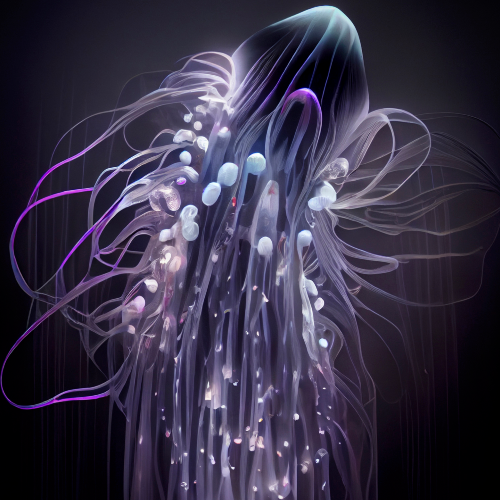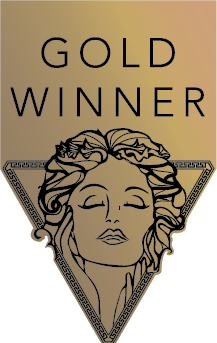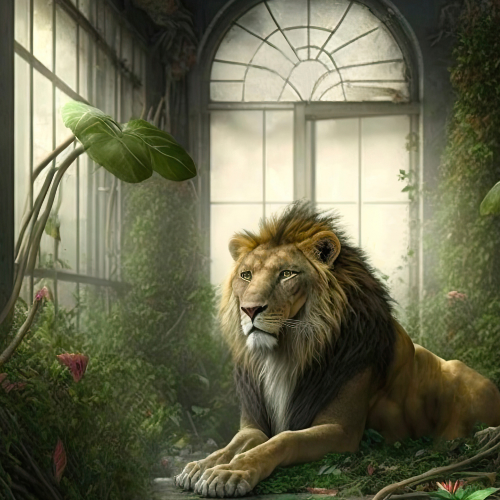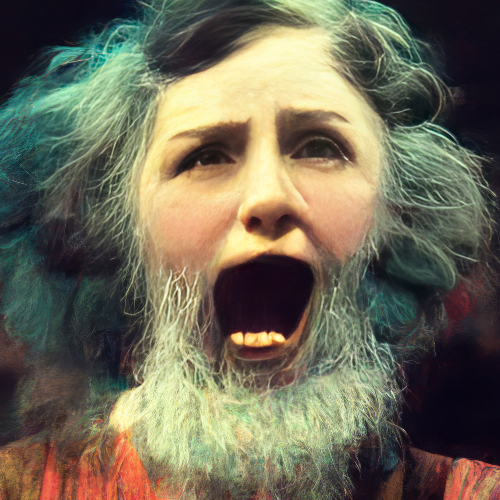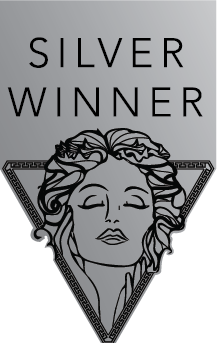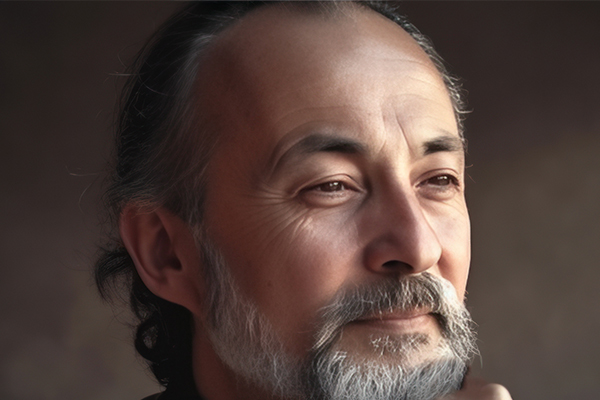
Interview
Giuseppe Satriani
Spain
Giuseppe Satriani is an aspiring photographer that is ever inquisitive about life and its idealistic tendencies and a fighter and is naturally inclined to living with how he feels!
1 Can you introduce yourself and talk about how you got into photography?
I am a curious of life with idealistic tendencies and a fighter. Someone who believes that shadows are the necessary contrast to enhance the lights. Someone who always tries to keep aligned what I live with what I feel. I was born in Potenza, a small town in a small but fascinating region (Basilicata) in the South of Italy. Those were the good old days of the Beatles, the Hippies and the miniskirt. My father was an elementary school teacher and amateur photographer who mostly portrayed his family and pupils, with a Ferrania Elioflex 2. I believe that this was unknowingly the seed that years later sprouted in myself and that was strengthened during the rest of my life. Computer science soon tooks a central place in my life; I went to university in Pisa. It was then that my great friend Lello, gave me his "old" camera, a Voigtlander Vitoret and together with him, I went into the fascinating meanders of the dark room, developing and printing slides with the Cibachrome process.
2 Where did you study photography?
My first "teacher" was Luisella D'Alessandro, then president of the Italian Foundation of Photography. She introduced me to some of the
3 Do you remember your first shot? What was it?
Of course, I remember very well because I absolutely wanted to do it to my mother as a sign of the infinite love I feel for her and gratitude for everything she is doing for me. It is a portrait done on the side of a window. To dim the lights, I used the curtain she had sewn herself. A photo with a three-quarter pose with the face tilted slightly downwards.
4 What equipment do you use?
I consider equipment many things that go beyond the camera and lenses. I currently use a Sony Alpha 7R with a versatile Sony 16-35, Sony 200mm, 12mm LAOWA, Samyang 8mm, Zhongyi super macro lens. Sometimes I use a Lumix G2 with lenses: Leica D6 Macro-Elmarit, Lumix G Vario 7-14mm. Lumix G Vario 45-200, Lumix G Vario 14-42. Apart from that, I must also mention the Rollei C5i Carbon tripod, ND 64 and 1000 neutral density filters, Photoshop, PTGUI, Topaz Gigapixel, DeNoise, Sharpen; Midjourney, Stable Diffusion, a light-table, a light-box, Epson Perfection V750 PRO Scanner, BENQ 26
5 What compliment inspired/touched you the most?
One day, my teenage son with Down syndrome, seeing an image that I was processing on the PC of a small solitary tree surrounded by gigantic trees that seemed to want to defend him, said to me: "this is me when I'm with grandma"
6 What inspires your unique storytelling?
I think it wasn't just one thing that inspired me; I believe that who I am as an artist and what I hope to convey is the result of the sedimentation of many little things that my life has given me. You create what you have experienced physically or spiritually. I am attracted by the essentiality, by the substance, by the paused rhythm, by thought, by reflection, by enjoying things giving them enough time with sufficient time for the superficiality to disappear, by spontaneous and "easy-going" people
7 What THREE (3) words describe your photography style?
Emotional visual art
8 Congratulations! As the winner of the MUSE Photography Awards, what does it mean for you and your team to receive this distinction?
The Golden Awards for my series on the world we are building and the dizzying chasm of the rhythm of life we have, as well as the Silver Award on diversity, represent a great joy for me, above all because it is the first time that I have achieved similar results in an award such as MUSE so internationally prestigious, but also because, seeing the names and the proposals that share this honor with me, I begin to believe that I can compete in the first division of the visual arts.
9 Can you explain a bit about the winning work you entered into the MUSE Photography Awards, and why you chose to enter this project?
To answer this question, I have to stretch a little longer because I was proud to be the winner with 3 series. In all three cases, I decided to send the proposal to the MUSE Award because they touched upon very important topics for me and I considered that I had been able to visualize them adequately and even attractively.
10 How has winning an award developed your career?
I still don't know what being a two-time Golden Winner and a Silver Winner of the MUSE Award will mean in my
11 Name 1-3 photographers who have inspired you.
I think it is right to give credits to my
12 What was the best piece of advice you were given starting out, by a mentor or your role model?
The best advice I received by my mentors was to make me understand that art is not only inspiration and aesthetics, but also hard and persevering "dirty" work made of technique, craft ability, do and redo and a lot of frustration management
13 What advice would you give someone who would like to become a photographer today?
Photography is in another moment of deep rupture. At the moment, we are still in the confrontation and territory marking phase. Anyone who innovates is branded a profiteer and a cheating by those who intend to defend the past and thus preserve their "business". I think in the future the image will not be the most important thing, but the "concept" behind it will be. The concept will be the differentiating aspect. Consequently, whoever wants to become a photographer today, must necessarily include other disciplines in his knowledge and must necessarily know how to "play" in this new
14 What is your key to success? Any parting words of wisdom?
My words of wisdom certainly do not derive from the artistic mastery that is recognized in me, they derive from age and lived experiences. I would say that before standing up as champions of any truth it is always better to touch what you want to criticize or what you are afraid of. If we follow this simple advice, we will respect more what others are and propose and we will be more open to accept other forms of seeing and creating, thus enriching the community to which we belong.
15 How do you stay in that space of being receptive to new information and knowledge?
I believe this question has already been answered with my wisdom advice from the previous question. In any case to be curious of life imply to be open-mind but also having a critical judgment trained in the gym of life and culture
16 Anything else you would like to add to the interview?
Dostoevskij said "beauty will save the world". I agree but it's not enough because to beauty, we need to add content, elegance, and an open mind to know how to appreciate it and not fear it. Art is Nature that expresses itself through our humanity Thanks so much!
